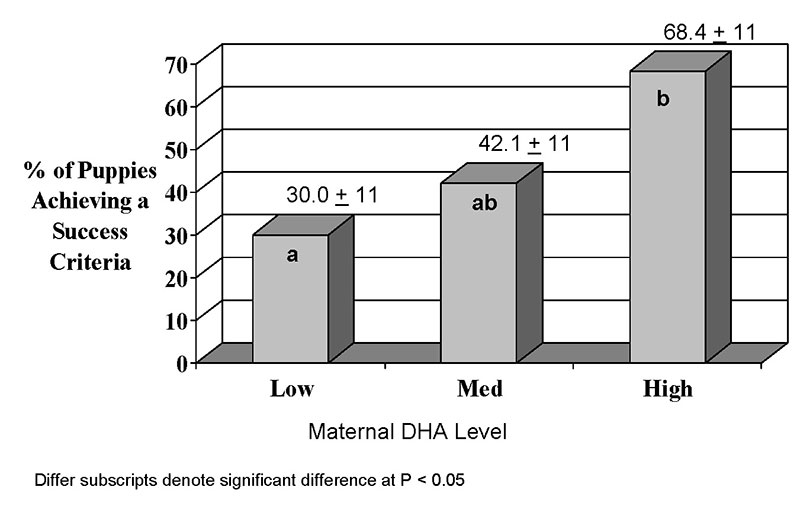
Amore Basenjis
Selected for Superior Temperaments, Exceptional Health, Intelligent Minds, & Outstanding Conformation
Your New Puppy!
Congratulations on your new puppy! We are so thrilled for you to have decided to bring home a new a puppy, we would love to help make your decision even more impactful- for both you and your new puppy!
The following are recommendations we suggest to our puppy buyers (or anyone who’s made the choice) when bringing home their new puppy!
Supplements
Lets start with supplements, which is one of my favorite topics!
Dr Carmen Battaglia had a wonderful podcast on Pure Dog Talk, where he explains the significance of it. “He recommends supplementing the dam with DHA from the first day she is bred to the day she weans the puppies. And supplementing the puppies from the day they are weaned until 14 weeks old. DHA supplement enhances the brain of the fetus, he added, noting that by 14 weeks old the puppy’s brain is 90 percent developed. Research shows these puppies will test 50 percent smarter than puppies not supplemented at all.”
In the book “Canine and Feline Nutrition -A resource for Companion Animal Professionals;” page 229 of the third edition, the Authors’ write:
“The effects of DHA on neural development have also been examined in growing dogs by testing learning ability and memory. Both the ability to learn a new task and memory of learned tasks were significantly improved in puppies fed a food containing high DHA throughout gestation, lactation, and weaning when compared with puppies that have been exposed to a low-DHA food during the same period. 39”
We have done our part in starting our dam’s on a DHA supplement once she comes into heat, and we will continue to provide DHA to her until she weans the puppies. We also will start supplementing the puppies themselves. However, since they do not stay with us until they are 14 weeks of age, it is UP TO YOU, as the new owner, to provide DHA for the remaining time, until the puppies reaches 14 weeks of age.
You can purchase DHA here: AMAZON.
Research on nutrition and DHA can be found here

Geneflora Probiotic
Probiotics have an amazing affect, both on gut health but also on immune systems, which in itself, is a good enough reason to use them in any dog or puppy’s diet. Below is an excerpt from the Cornell University study on probiotics. I picked the most important parts, but Feel free to click the link below to read the entire article:
Cornell University on probiotics: CLICK HERE for article
“Feeding probiotics
Probiotics can be given proactively if you know a stressful event is coming up, such as boarding while you are on vacation or moving. Start giving the probiotics several days in advance so that your dog already has an ideal gastrointestinal tract.
You can also give probiotics daily as part of your dog’s long-term health care.
Digestive health
Probiotics normalize the conditions in the intestines by changing the local acidity of the digestive tract and releasing short-chain fatty acids.
This gives dogs a leg up if they end up ingesting harmful bacteria such as Salmonella. Probiotics help inhibit the growth of these bacteria by competing for the same nutrients and resources. Boosting the populations of helpful bacteria limits the nutrients available for the bad bacteria and reduces their numbers to levels that your dog can tolerate better.
Immune health
Your dog’s gastrointestinal tract contains about 70% of their immune system, putting it on the front line for preventing pathogens from accessing the rest of the body. By normalizing the conditions in the digestive system, probiotics allow the immune system to function properly.
Safety
Probiotics are safe. Studies for any given product should show that the probiotic does not promote antibiotic resistance in other bacteria and that it is not pathogenic itself.
Severely immunocompromised dogs should only be given probiotics with caution and under veterinary supervision, as their immune systems may not be able to handle the strain of any bacterial load, regardless of its pathogenicity.
Conditions that may benefit from probiotic treatment
-
Allergies
-
Anxiety
-
Bad breath
-
Coat quality
-
Diarrhea
-
Immune disorders
-
Intestinal inflammation
-
Irritable bowel syndrome
-
Liver disease
-
Obesity
-
Skin disorders
-
Urinary tract infections